
The Definitive Drucker
Challenges for Tomorrow's Executives – Final Advice from the Father of Modern Management
Recommendation
Peter Drucker is called the "father of modern management" for good reason, according to this accessible volume of his business lessons by management consultant Elizabeth Haas Edersheim. She demonstrates that Drucker's theories were the perfect combination of calculated common sense, and genuine concern for the human side of consumers and employees. His teachings struck the right balance between big-picture dreaming and detail-oriented drudgery. This study strikes a similar balance. Edersheim offers details of Drucker's personal life that make his sweeping rules of management all the more compelling. She deftly applies Drucker's business lessons to today's ever-shifting landscape of globalization and fragmentation. getAbstract recommends her book to marketers and managers who want to learn from the best.
Summary
About the Author
Strategy consultant Elizabeth Haas Edersheim works with Fortune 500 companies and private equity investors. She holds a doctorate in operations research and industrial engineering. She also wrote McKinsey's Marvin Bower.



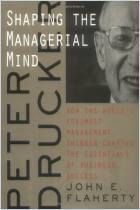
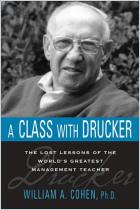
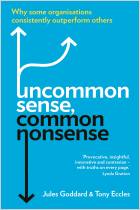
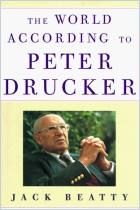
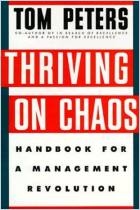






Comment on this summary